Lip twitching can also be a sign of a serious health condition or disorder. Upper lip or lower lip twitches can happen suddenly, repeatedly and many times without your own will. It can be embarrassing especially when you are stressed up. Temporal twitching can be a result of muscle fiber tremors which can at times indicate emotions or stress.
Overview
The lip tissue is composed of muscles, nerves and blood vessels. Sometimes involuntary tightening up or muscle “contraction” can occur without our control. These involuntary movements of muscles can occur even if your nerves are healthy.
Lip twitching can take a matter of seconds, minutes and so on. Most people experience these as trembles, tics, spasms or unusual localized movements within. When it happens repetitively, it could become persistent or be a long-term problem depending on the severity of an underlying disorder or disease.
Why my lip twitches?
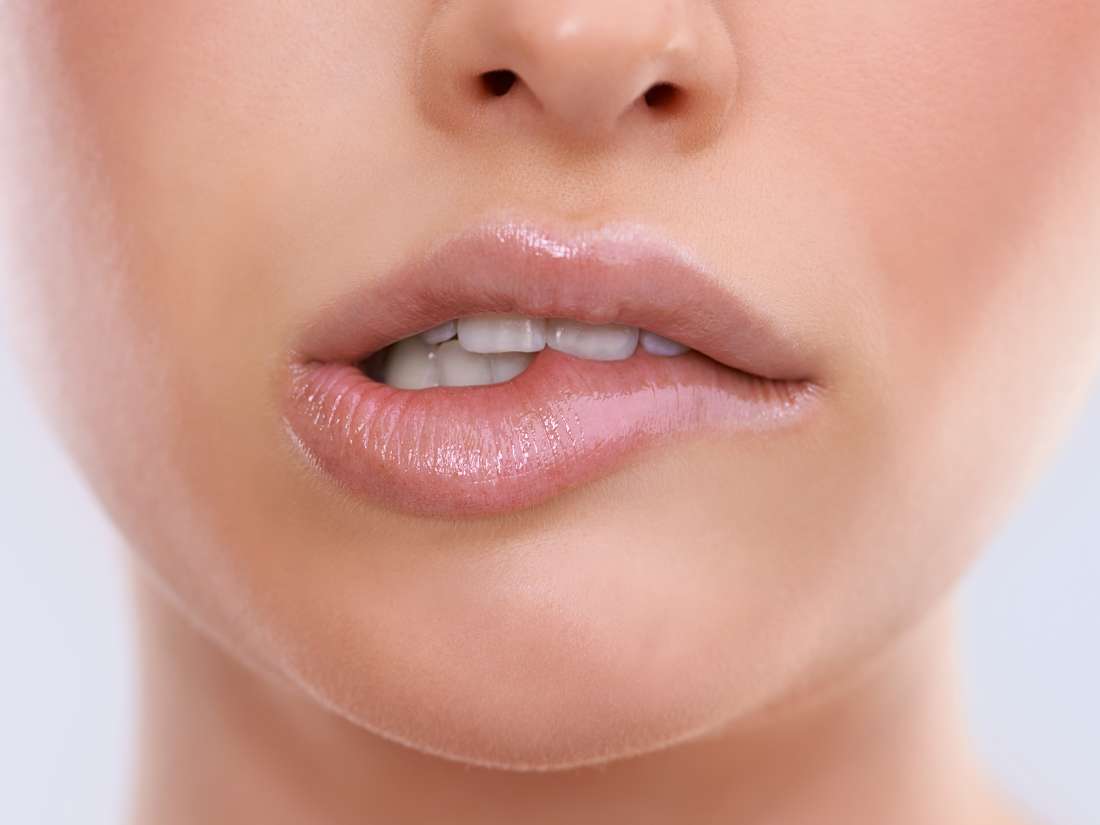
Below are the common reasons why your lips twitch from time to time. Keep in mind that, besides the lips, the twitching as an effect on the muscle can sometimes migrate. Other muscles in the eyelids, nose, jawline or throat may be affected.
1. Hemifacial spasms
Are you afraid that there is a muscle or nerve problem with your left or right half-face? That may be hemifacial spasms.
Hemifacial spasm is a “sudden, involuntary contraction of muscle or group of muscles,” [patient.info] that affects half of the face.
Though the cause is not well known, doctors and researchers on health think it has to do with an abnormality in the brain that causes pressure on the nerves.
The face, and more so the mouth and the jaw are affected when spams come.
Symptoms may be felt on one side (esp. the left side of the face) more than the other. While some people experience severe spasms and lip twitch on the sides, others only report that they have mild or infrequent symptoms such as:
- Affected vision
- Embarrassment or such experience
Treatment options include injections to relax the muscles, medicines or surgery where blood vessels may be removed.
2. Facial tic

Tics are involuntary or uncontrollable spasms. There are various disorders that characterize facial tic. These disorders may have short-term or long-term effects on the face including the mouth, eyes, eyebrows, nostrils, throat and so on, depending on the disorders.
- Tourette’s syndrome
- Transient tic disorder
- Chronic Motor Tic Disorder
A chronic motor disorder can cause lip twitching although its occurrence is less common when compared with the other related disorders.
If your child or you have this disorder, your lips or eyelids twitch anytime and may twitch at night as well.
Treatment or therapy
People with facial tic would need to go for treatment or therapy to improve the quality of life and the general atmosphere at work. These include:
- Behavioral therapy
- Psychotherapy sessions
- Managing and reducing stress
- ADHD medicines etc.
In addition, factors like stress, being excited, heat and being tired means that one is more liable to facial tics.
Due to its chronic symptoms, patients sometimes do not need to go for treatment. Nevertheless, some people need to be treated later in their lifetime.
3. Tourette syndrome (TS)
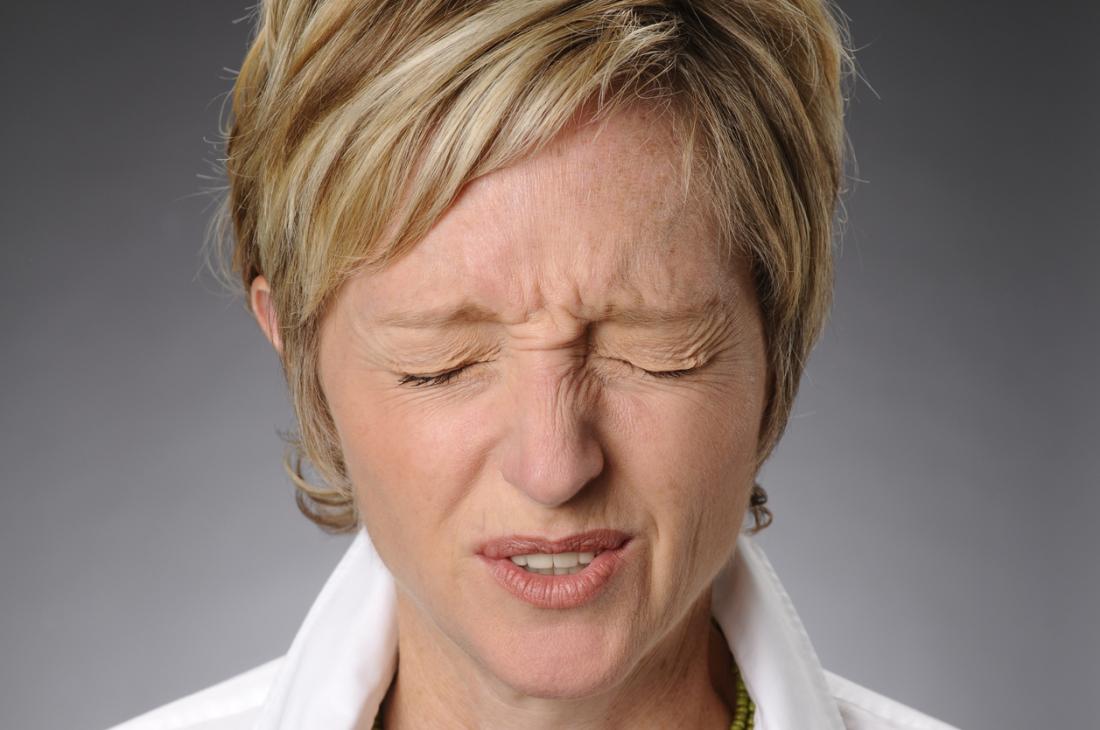
As one of the disorders responsible for repetitive, involuntary (without one’s will) movements and vocalizations (tics), TS is a neurological childhood disorder.
With TS, the symptoms can come and go. During these times of infrequency in the symptoms, people try to suppress the tics. However, sometimes they cannot get the better of it when in severity.
The muscle spasms due to TS can affect the mouth nose, tongue, eyes and throat.
According to the National Institute of Neurological Disorders and Stroke, Tourette syndrome is inheritable.
4. Hypoparathyroidism
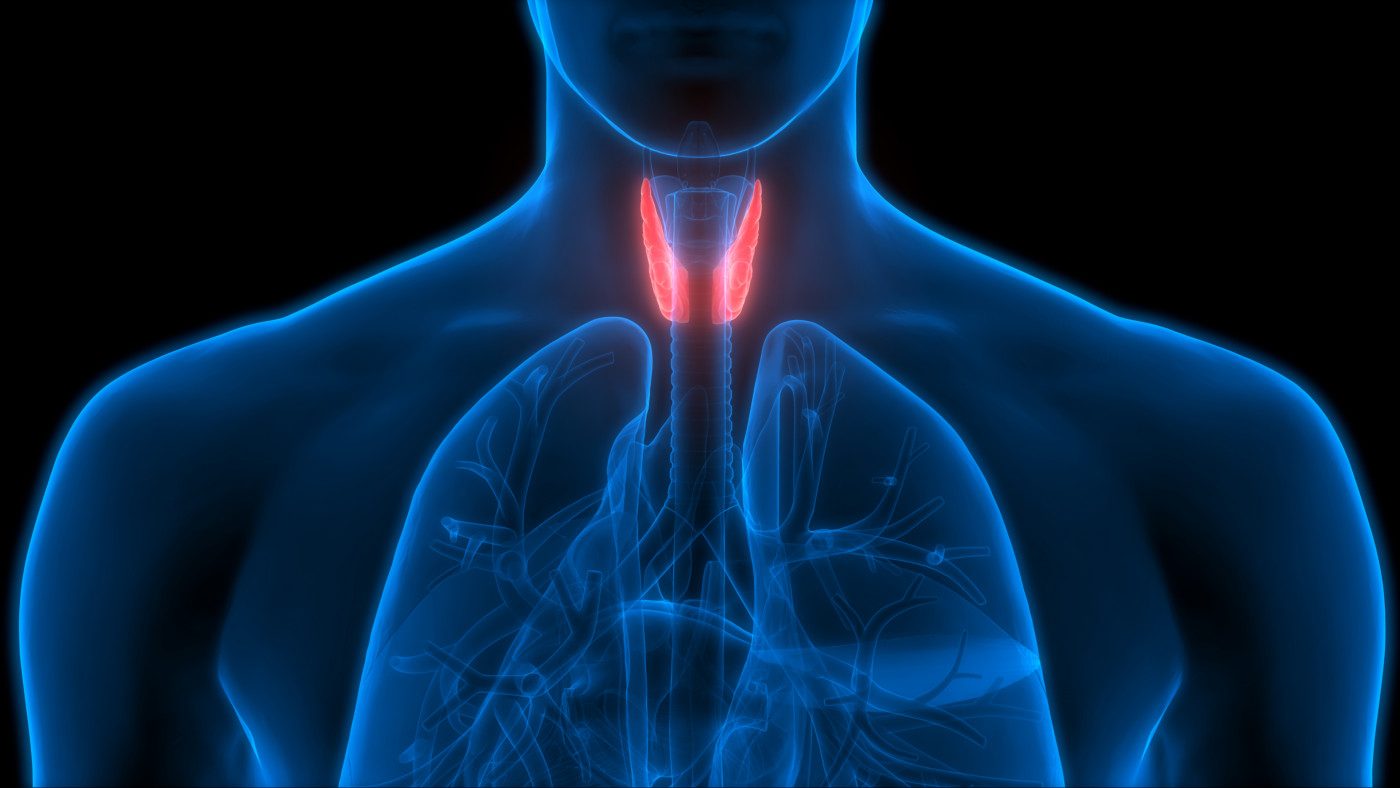
When your parathyroid glands make parathyroid hormone (PTH) in insufficiency, you have or suffer from hypoparathyroidism. It could be primary or secondary depending on the diseases causing or related to problems in PTH levels such as:
- Lack of the parathyroid glands especially at birth
- Treatments like radiation
- Cancer, a trauma in the neck excessive Iron in tissues, etc.
Common symptoms include:
- Muscle spasm or cramping
- Dry skin or malformed nails
- Numbness, tingling, or burning (esp. around the mouth) and fingers
- Yeast infections
- Hair loss
- Seizures
The most common and traditional way of treating hypoparathyroidism involves correcting the hypocalcemia by administering calcium and vitamin D. this enables your body to restore the levels of Calcium in the body.
Though its prevention is nearly null, patients and people susceptible can do a lot. Get some useful tips on your nutrition and health.
5. Tremors

Tremor is the most common of all involuntary movements known. In fact, tremor or a quiver in the lower lip or the upper one can be looked at as a reason why your lip twitches persistently.
At random my lower lip will start to tremor; without reason. It occurs throughout the day regardless of activity.
One moment I was speaking at the time of quiver/tremor and my speech was becoming slurred without understanding from the recipient. [ourhealth.com]
Causes of tremor in any part of your body will vary with the cause. These include factors ranging from disorders to medication. Neurological disorders and related factors such as multiple sclerosis, trauma-causing injury to the cerebellum, to name a few.
Other causes include the following:
- Amphetamines (medicines)
- Corticosteroids
- Psychiatric disorders
- Alcohol abuse or withdrawal
- Mercury poisoning
Parkinsonian tremor due to damage within the brain is one of the other causes which may affect the mouth, chin not forgetting the limbs and body trunk.
With no cure for tremors, diagnosis is the sure way of dealing with finding out what really is the underlying reason.
6. Parkinson’s disease – twitching and stroke
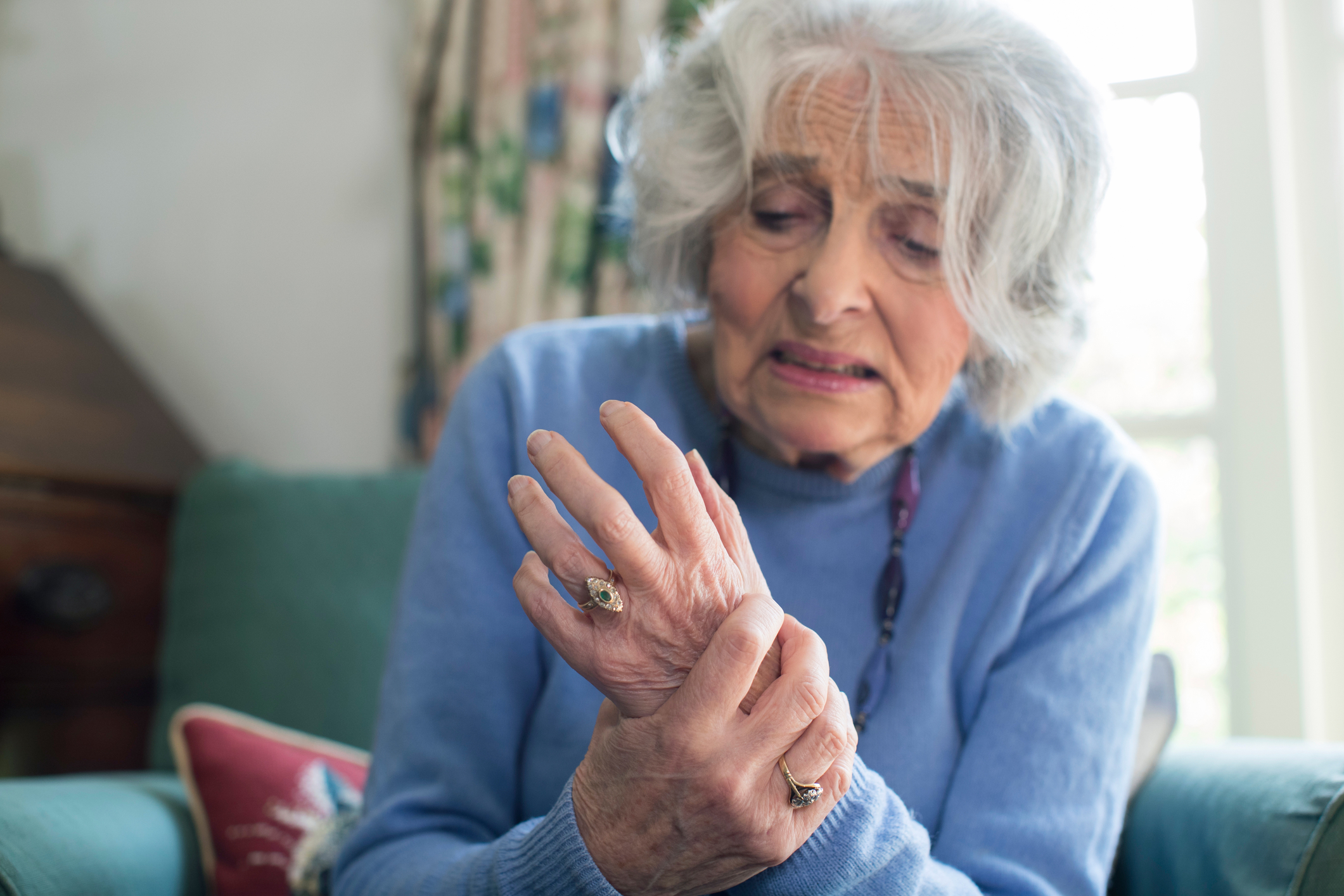
“Gradual deterioration of dopamine cells within the central nervous system can cause a twitch in the upper or lower lip or even both lips.” [doctorshealthpress.com]
a). Causes
The major cause is attributed to paralysis or temporal weakness in muscles. The rest include injury from surgery, being born with such facial weakness, stroke and infection – more likely a viral infection such as viral meningitis, cold or herpes simplex.
Parkinson’s disease is quite common in old-aged people than those who are young.
Symptoms are usually complex and usually vary from one person to another in terms of age, level of nerve damage caused. These may include:
- Twitching, weakness, or paralysis on one side of your face or (both sides of the face rare)
- Eyelid drooping
- Mouth becoming dry
- Impaired taste
- Tearing from one or both eyes
Other symptoms may include dizziness, hypersensitivity to sound, headache, pain in affected muscles and difficulty eating or swallowing among others.
b). Treatment
Mild symptoms and mild nerve paralysis may be sustained on the short term. However, in severe cases, patients require treatment or therapy. Depending on the underlying cause, medications and physical therapy like facial massage have positively shown improvement of in terms of symptoms.
7. Bell’s palsy – persistent case
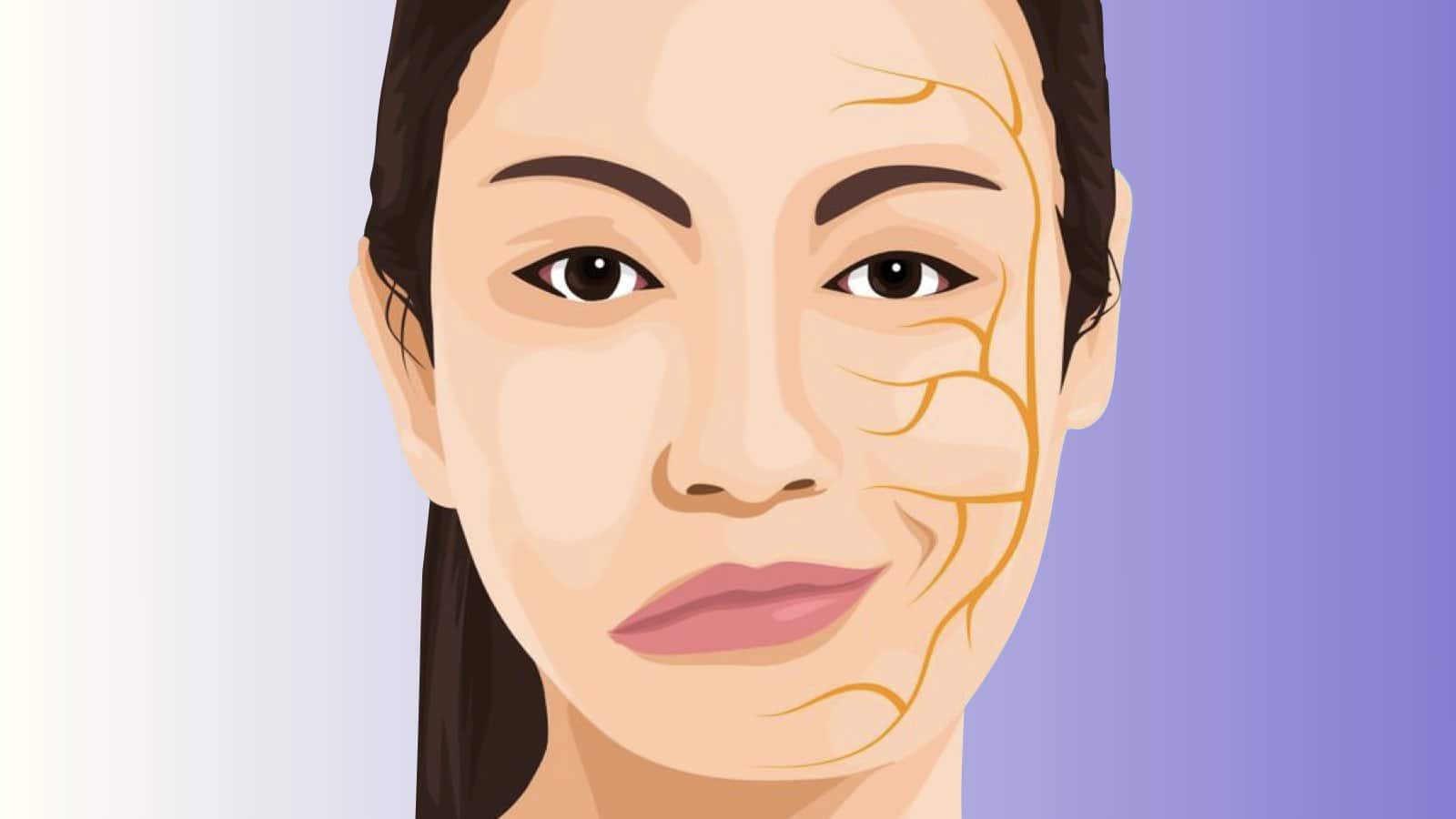
Bell palsy is a disorder of the nerve that controls the movement of the facial muscle also called the seventh cranial muscle. This disorder can potentially cause your lips to twitch.
Anyone can develop Bell’s palsy disorder regardless of age group, gender or race. Common causes comprise the following:
- Viral infections of the middle ear, HIV/AIDS, Lyme disease
- Paralysis or damage to nerves (cranial nerves)
Symptoms of Bell’s palsy include:
- Food falling out of one side of the mouth while eating
- Drooling with lack of control over facial muscles
- Drooping – eyelid or corner of the mouth
- Difficulty closing one eye
- Problems observed in smiling, grimacing, or making facial expressions
- Twitching in lips due to weakness of muscles
Sometimes specific symptoms may be produced on one side of the mouth or lips. Severity in symptoms can occur but many people can experience mild symptoms at first. The worst symptom is uncontrollable facial muscles, especially in delayed therapy or treatment.
Fortunately, many people who develop this disorder recover with a short period even without medications. However, recovery may take different courses in individuals.
8. ALS vs. BFS
Moving on, ALS and BFS are neurological disorders associated with occasional or continuous twitching symptomatic to muscles.
ALS stands for amyotrophic lateral sclerosis whereas BFS is benign fasciculation syndrome.
Amyotrophic lateral sclerosis vs. Benign fasciculation syndrome
- Less common More common
- Common with fasciculation’s Fasciculation and fatigue
- Can occur in healthy lip nerves Occur due to death in nerves
- Twitches can start and migrate Twitches remain typical to an area or spot
- Weakness due to muscle loss is real The weakness in muscles is as felt
Researchers on disease pathology don’t know what causes ALS or BFS in some people while there is a tendency to exclude others.
a). ALS early symptoms
These are some of the symptoms experienced or observed in patients with ALS.
- Weakness in lower limbs (feet and ankles)
- Weakness in hands
- Difficulty walking or sometimes patients can triple and fall
- Slurred speech
- Difficulty swallowing
- Muscle cramps and twitching in your arms, shoulders and tongue
b). Other symptoms
These may be considered the symptoms which a person is likely to develop (including the consequences or complications).
Affected speech, difficulty eating, problematic breathing due to loss and paralysis of the muscles involved in breathing. Some people may also have hard time realizing or live out their memories.
c). Causes of ALS
While most of the causes are under study, at least a small proportion includes risk factors. Some of the known causes include mutations, imbalance of nerve cell chemicals in the brain, an immune attack that lead to the destruction and death of the nerve cells.
Your age, sex, smoking, toxins and occupation in which one is exposed to some environmental chemicals are some of the risk factors.
d). BFS causes
Most cases of BFS are unknown. However, recent studies have hinted at several causative factors that heighten anxiety level to be common – which include:
- Medications like diphenhydramine and opiates (morphine)
- Deficiency of vitamin D as a result of hypocalcemia
- Lack of sufficient magnesium in the body
e). Symptoms of BFS
Fatigue, weaknesses, and cramping are at least common between ALS and BFS. Other symptoms of BFS are:
- Tremors
- Fasciculation which simply means localized muscle twitches
- Anxiety
- Pain in muscles that are affected
- Itching
- Tingling sensation in lips or the affected parts
- Overactive or over-responsive or brisk reflexes (hyperreflexia)
Stress can worsen BFS hence need to be under good management or avoided where possible.
The twitches of lip muscles in BFS persist on for longer periods than cases of ALS. Occasionally, the twitches may migrate and disappear when a person suffering from BFS moves the muscles for instance when making a movement at will as opposed to the involuntary movement.
During diagnosis, some of the symptoms of the reflexes may be realized. This can significantly help turn out good for possible treatment. Unfortunately, there is no sure cure or therapy to one’s fulfillment.
9. Other possible causes
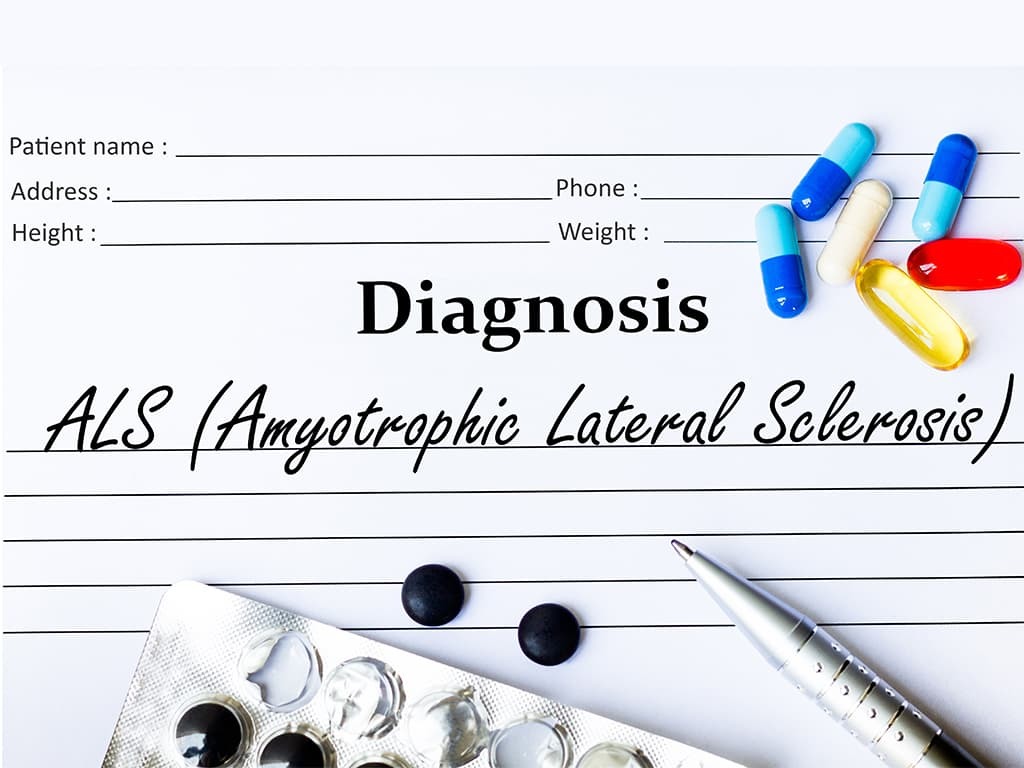
- Amyotrophic Lateral Sclerosis
- Emotions
- Some people have lip twitches after exercises or workouts
- Substance withdrawal such as a stimulant (caffeine, alcohol, etc.)
- DiGeorge Syndrome
- Multiple sclerosis (MS)
Does Juvederm cause it
I had a Juvederm injection in my lips. I have swelling and lip spasms. Does it cause lip twitching?
“I got lip injections about 2 months ago, and I have a hard nodule from the filler still on the left of my lip. Right where that spot is, I’ve been having persistent twitching and pulling muscle spasms. You can physically see my lip moving to the side on its own. It’s always that one spot around the nodule. Is this normal, and will it ever go away? It’s starting to interfere with my social life because people can see it moving. Thanks for your help!” [realself.com]
Surgeons understand that lip twitching is not primarily due to the Juvederm substance injection.
Superstitions

Perhaps you have heard about spoken statements, saying and belief superstitions. Some people are made to believe that superstitions hold water when it comes to the twitching of the lips.do you believe it?
These statements or sayings may sometimes be a source of worries and stomach butterflies.
Such superstitions have and are continually being helped up in circumstances especially with certain happenings that have been implied or occurred.
- If your upper lip twitches, someone would want or you expect to receive a kiss from someone. Otherwise, you may be waiting to kiss someone in the future
- A mishap or bad luck when your left side of lip twitches
- Elsewhere, when your right side of the lip twitches, there could be good luck in the lurk
Conclusion – treatments
In many cases, treatment may not be assured though some forms of treatment can treat specific causes of lip twitching. Specialists and neurologists who specialize in disorders of the brain are usually consulted for treatments.
Medicines can also be prescribed for mild cases which are known.
If you have any comments on lip twitching superstitions share and let us know via our comments section.

